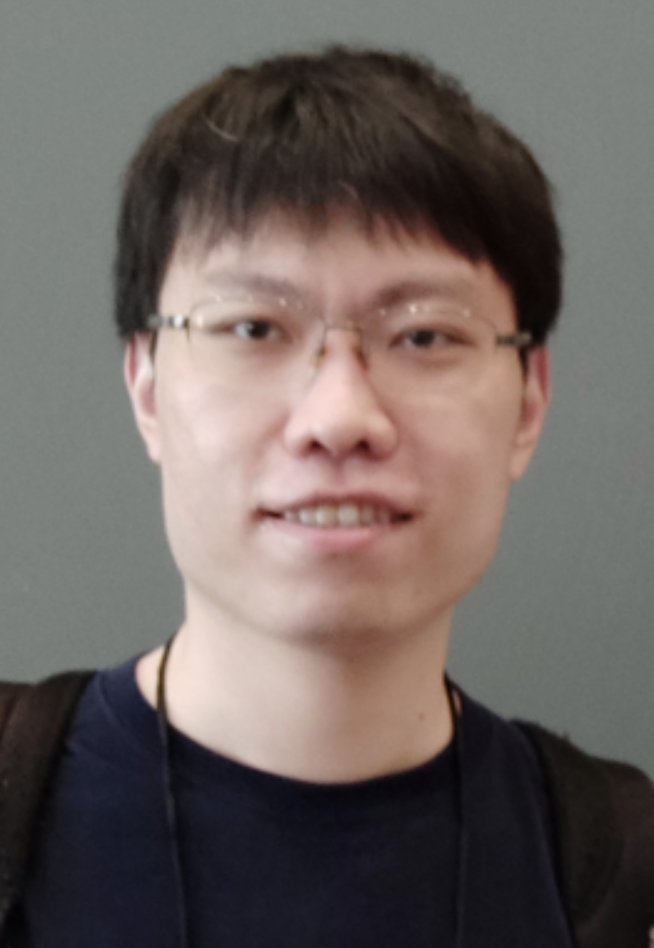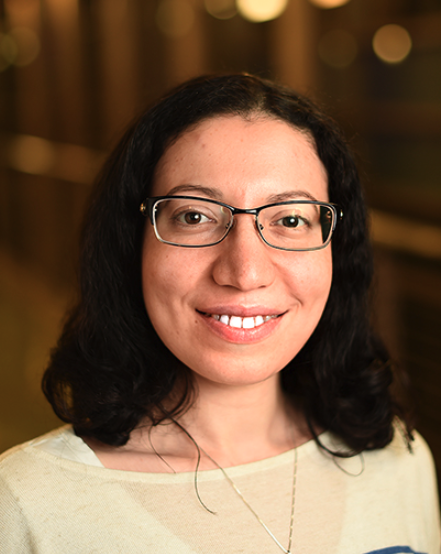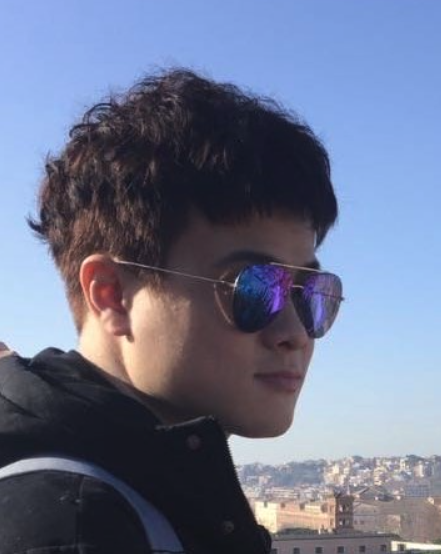Workshop Program
- Overlapping and Robust Edge-Colored Clustering in Hypergraphs.
Alex Crane, Brian Lavallee, Blair D. Sullivan, and Nate Veldt - Graphs Meet Language Models: Node Classification Elevated.
Vijay Lingam, Aneesh Shetty, and Meghana Missula - Graph Diffusion Models for Anomaly Detection.
Zekuan Liu, Huijun Yu, Yao Yan, Ziqing Hu, Pankaj Rajak, Amila Weerasinghe, Olcay Boz, Deepayan Chakrabarti, and Fei Wang - HyperNEO: Inferring Community Structure in Attributed Hypergraphs.
Kazuki Nakajima and Takeaki Uno - Two Heads are Better than One: Teaching MLPs with Multiple Graph Neural Networks via Knowledge Distillation and Contrastive Learning.
Bo-Wei Yang, Chia-Hsun Lu, Ming-Yi Chang, and Chih-Ya Shen - Pitfalls in Link Prediction with Graph Neural Networks: Understanding the Impact of Target-link Inclusion & Better Practices.
Jing Zhu, Yuhang Zhou, Vassilis N. Ioannidis, Shengyi Qian, Wei Ai, Xiang Song, and Danai Koutra
***Best Paper Award***
Workshop Program. (Local time GMT-6 in Mérida at WSDM'24).
09:10 - 10:00 Keynote - Yu Zhang of UIUC (in-person)
10:00 - 10:50 Keynote - Vassilis N. Ioannidis of Amazon Search AI (virtual)
10:50 - 11:00 Break
11:00 - 11:20 Contributing Talk - Yuhang Zhou of Unv of Maryland (in-person)
11:20 - 11:40 Contributing Talk - Alex Crane of Unv of Utah (in-person)
11:40 - 12:00 Contributing Talk - Huijun (Lona) Yu of Amazon (virtual)
12:00 - 13:30 Lunch Break
13:30 - 14:00 Future Directions and Open Discussion
14:00 - 14:50 Keynote - Xiaorui Liu of NCSU (virtual)
14:50 - 15:00 Break
15:00 - 15:50 Keynote - Sutanay Choudhury of PNNL (virtual)
15:50 - 16:00 Break
16:00 - 16:50 Keynote - Chuxu Zhang of Brandeis Unv (virtual)
16:50 - 17:00 Closing Remarks & Best Paper Award Announcement
Keynote Speakers
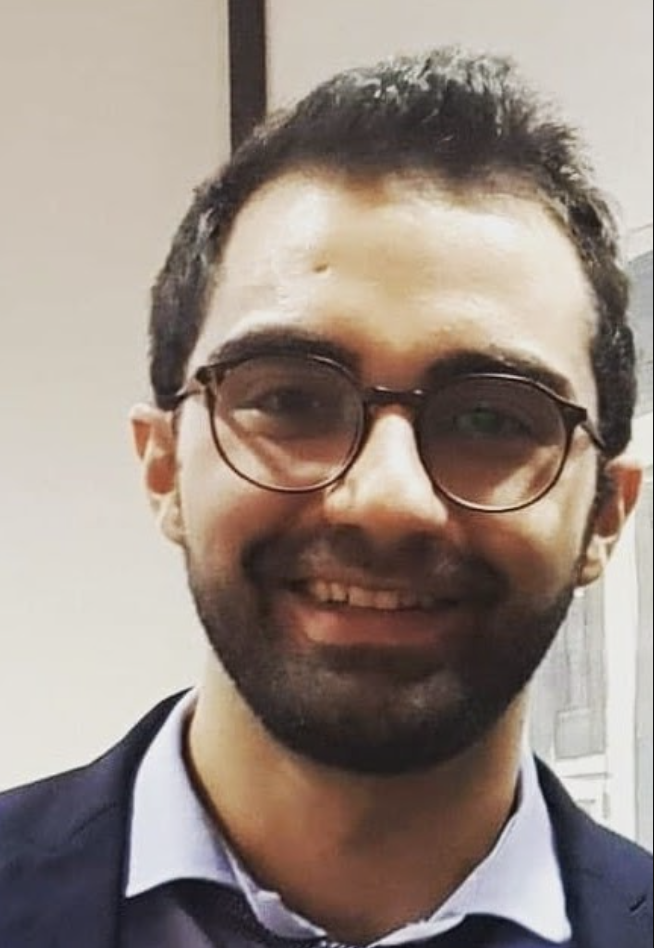
Vassilis N. Ioannidis
Senior Applied Scientist
Amazon Search AI
Graph Foundation Models: An Overview
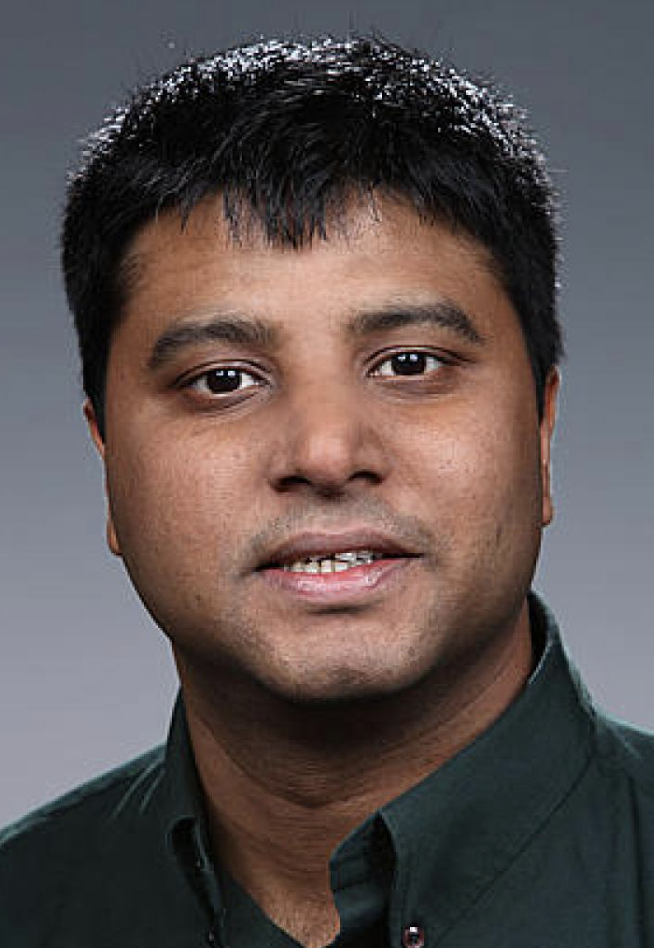
Sutanay Choudhury
Chief Scientist of Data Sciences & Co-Director of Computational and Theoretical Chemistry Institute
PNNL
Hypothesis Generation and Testing with Compound AI Systems

Chuxu Zhang
Assistant Professor
Brandeis Unv.
Graph Machine Learning: Effectiveness, Efficiency, and Safety
